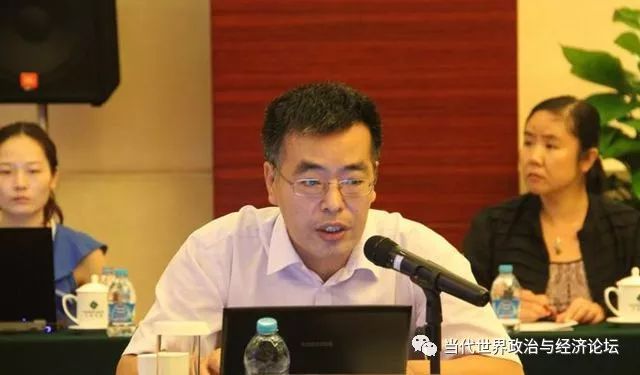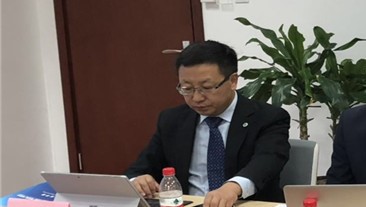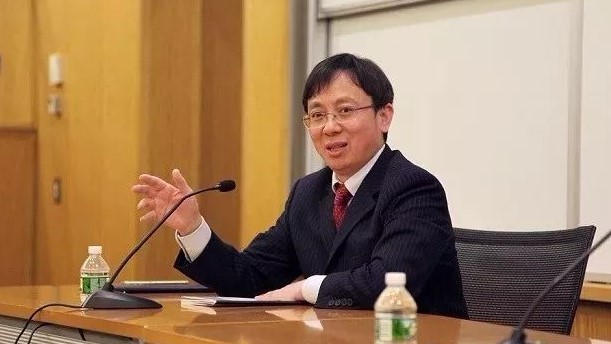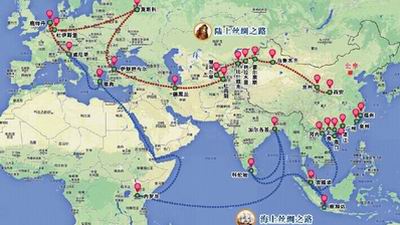Georgia
Georgia has a population of around 4 million, with an area of some 70,000 square kilometers, is an Eastern Orthodox country in possession of a unique historical tradition, development pathway, governance system, and political and economic relationships internationally. However, this country has suffered through extended periods of warfare and civil strife since regaining its independence, with the regions of South Ossetia and Abkhazia remaining in a de facto state of separation. The state of conflict between Russia and Georgia has still not been resolved, while challenges in the realm of infrastructure and economic development also remain salient. Experts have pointed out that, perhaps as a result of its situation, Tbilisi had not initially paid special attention to the strategic potential of the Belt and Road Initiative, while Beijing had likewise failed to notice the unique role Georgia could play in the China–Central Asia–West Asia Economic Corridor.
On the other hand, the country’s leaders have consistently expressed a desire to revive the ancient Silk Road in order to develop international ties and promote economic development since Georgia renewed its independence. Former President Eduard Shevardnadze had proposed a “new Silk Road” multiple times. He believed that this idea was not just a fancy catchphrase but that it could instead become a multilateral coordinated effort based on mutual respect and equality—and that its actualization would contribute to Georgia’s security and prosperity.
One of Shevardnadze’s successors, Mikheil Saakashvili, also said that Georgia should continue to attach great importance to the revival of the Silk Road. Because various Georgian leaders have shown great enthusiasm in developing ties with China, Sino‑Georgian ties in various sectors had already begun to grow before the initiation of the Belt and Road Initiative. Both sides’ cooperation in infrastructure projects have stepped up in the current century. For instance, China’s Sichuan Electric Power Import & Export Corporation built the Khadori hydro power plant, which was inaugurated in 2004.
Since China proposed the Belt and Road Initiative in autumn 2013, new opportunities for cooperation between China and Georgia have arisen. In August 2014, when a delegation of Chinese media covering the Silk Road region visited Tbilisi, Georgia’s then President Giorgi Margvelashvili and Prime Minister Irakli Garibashvili gave interviews to Chinese journalists. They both expressed support for BRI and the hope that it would lead to increased ties with China. In October of that year, Garibashvili spoke at an international investment forum in Baku on the importance of reviving the Silk Road, and said that Georgia would be willing to make contributions to this endeavor.
In December 2015, China’s first Silk Road‑branded cross‑border train from Lianyungang arrived in Tbilisi, where Garibashvili personally participated in the welcoming ceremony, commenting that the revival of this ancient transportation route also signaled the return of Georgia’s historic mission. He predicted that Georgia would soon become the regional hub connecting Europe, East Asia, India, China, and the Middle East. Prior to this, in February 2015, the arrival to Tbilisi of a cargo train from Xinjiang, Georgia’s then deputy prime minister had led officials from relevant departments in hosting a welcoming ceremony. Georgia’s enthusiasm for the Belt and Road Initiative and great expectations from bilateral cooperation is evident.






